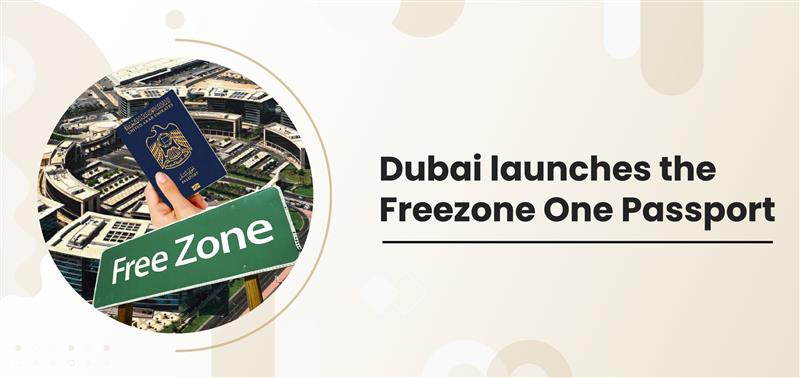Conducting a comprehensive Anti-Money Laundering (AML) risk assessment is not merely a regulatory obligation for Designated Non-Financial Businesses and Professions (DNFBPs) in the United Arab Emirates (UAE); it is a critical safeguard against legal, financial, and reputational damages. Neglecting this essential process of AML compliance in UAE can expose your business to severe consequences that may jeopardize its operations and standing in the market.
Understanding AML UAE Risk Assessment
An AML risk assessment involves identifying, evaluating, and understanding the money laundering, terrorist and proliferation financing (ML/TF/PF) risks associated with your business activities. This financial crime risk assessment process requires a thorough analysis of various factors, including customer profiles, the nature of products and services offered, delivery channels, and the geographic regions in which the business operates. The AML-CFT Law and AML-CFT Decision mandate that DNFBPs implement a risk-based approach (RBA) to effectively manage and mitigate these risks.
The Importance of AML Risk Assessment
Implementing a robust AML risk assessment framework enables DNFBPs to:
• Ensure Regulatory Compliance: Aligning with the UAE's AML/CFT law helps avoid legal repercussions and demonstrates a commitment to ethical business practices.
• Safeguard Financial Assets: Identifying and addressing potential ML/TF/PF risks protects the business from financial losses due to fraud or penalties.
• Maintain Reputation: Demonstrating diligence in preventing financial crimes enhances trust among clients, partners, and regulatory bodies.
• Systematically Categorize and Prioritize Risks: A well-documented assessment of inherent risks allows DNFBPs to allocate AML/CFT/CPF resources efficiently and mitigate threats effectively.
Risk Assessment Methodology and Documentation
• Risk Assessment Methodology
DNFBPs are required to adopt a structured methodology for risk assessment for AML compliance Dubai. An effective ML/TF/PF business risk assessment should:
a) Be based on quantitative and qualitative data, including internal interviews, audit reports, and industry best practices.
b) Reflect the DNFBP’s management-approved AML/CFT/CPF risk appetite and strategy.
c) Include input from compliance officers, risk management teams, and internal control departments.
d) Categorize risk factors, assess likelihood, and evaluate AML/CFT/CPF control effectiveness.
• Documentation and Updating Requirements
DNFBPs must document their ML/TF/PF business risk assessments for AML compliance UAE, including organizational risk policies, risk assessment models, methodologies, and procedures, and details of the inherent and residual risk-factor analysis that constitutes the assessment.
Mitigation of ML/TF/PF Risks
• The Elements of an AML/CFT/CPF Program
Commonly referred to as the three lines of defence, the basic elements that must be included in an AML/CFT/CPF program are:
a) A system of internal policies, procedures, and controls, including an ongoing employee training program (first line of defence).
b) A designated compliance function with a compliance officer or money laundering reporting officer (second line of defence).
c) An independent audit function to test the overall effectiveness of the AML program (third line of defence).
DNFBPs should tailor these defences to their business nature, size, and complexity, ensuring that AML/CFT/CPF policies are both effective and proportionate to identified risks.
Customer Due Diligence (CDD)
• Main Elements of a CDD Program
The main elements of a Customer Due Diligence (CDD) program include customer identification, profiles and risk rating, customer acceptance policies, ongoing Monitoring and Comprehensive Documentation.
• Risk-Based Application of CDD Measures
A risk-based approach to CDD allows DNFBPs to apply enhanced due diligence (EDD) for high-risk customers , Standard due diligence(SDD) for moderate -risk customers and simplified due diligence (SDD) for low-risk customers. DNFBPs must remain vigilant, adjusting CDD measures dynamically based on risk profiles and changes in customer behaviour.
Consequences of Failing to Conduct Proper AML Risk Assessment
• Legal and Regulatory Penalties: Non-compliance can lead to severe fines and legal actions.
• Financial Losses and Operational Disruptions: Inadequate AML risk assessments may expose businesses to fraud and monetary losses.
• Reputational Damage: Lack of compliance with Anti-Money Laundering Dubai laws can erode trust among clients and partners.
• Increased Vulnerability to Financial Crimes: Failure to identify risks makes businesses susceptible to exploitation by criminals.
• Compromised Business Relationships: Financial institutions may refuse to engage with high-risk businesses.
Expert AML Risk Assessment with AMCA:

At AMCA, we specialize in comprehensive AML risk assessment services, including AML registration UAE, to help DNFBPs mitigate AML Dubai risks effectively and maintain compliance with UAE AML laws. Our expertise spans:
• AML Risk Assessment
• Audit Risk Assessment
• Accounting Risk Assessment
• Financial Risk Assessment
• Operational Risk Assessment
• Compliance Risk Assessment
By prioritizing AML risk assessment and implementing these strategies, DNFBPs in the UAE can safeguard themselves against the severe consequences of non-compliance.
For expert assistance in AML compliance and risk management, contact AMCA today.




.jpg)